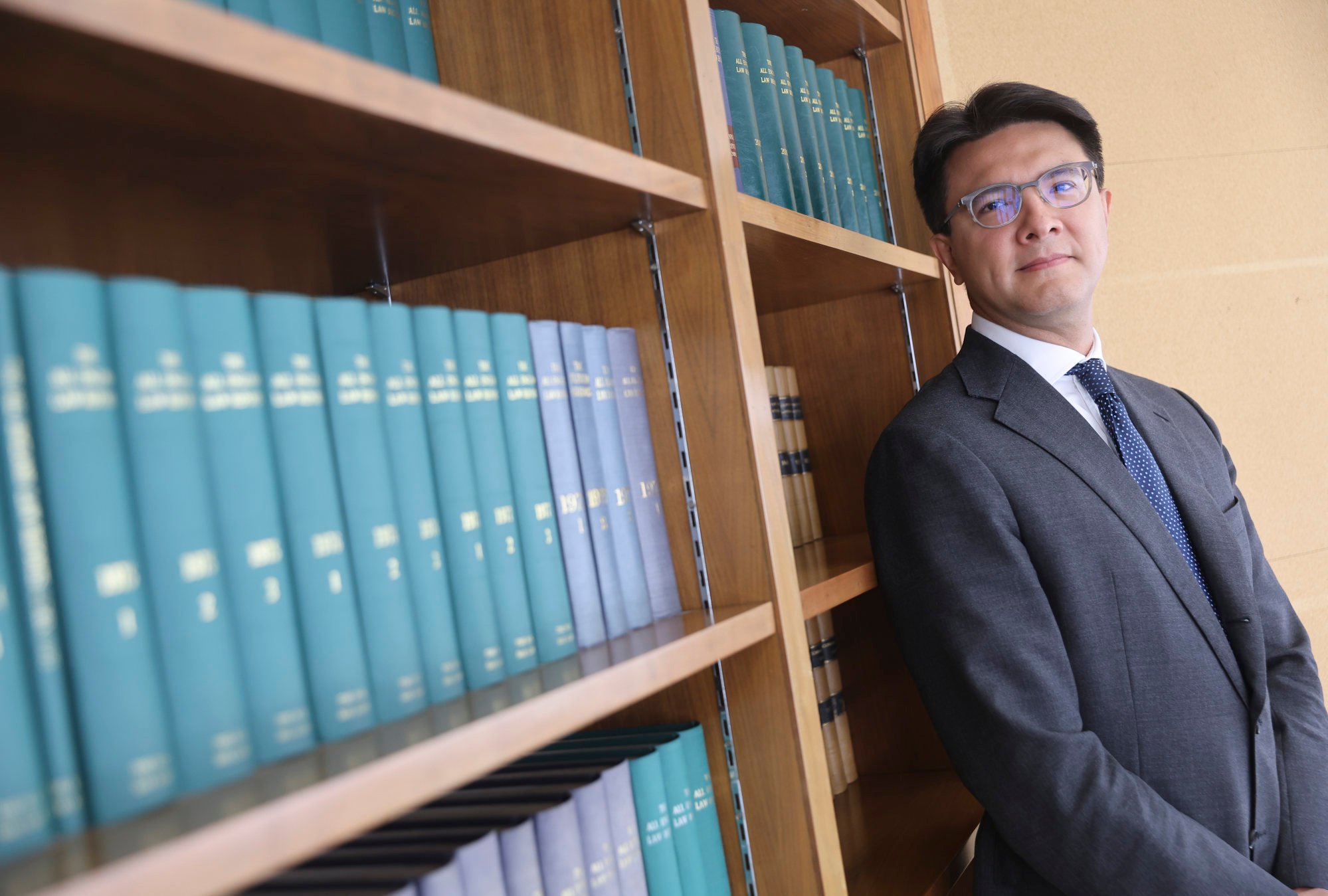Hong Kong Urges Targeted Law to Combat AI Deepfake Porn: Bar Association Head Says

Addressing the Legal Challenges of Deepfake Pornography in Hong Kong
Hong Kong is facing a growing concern regarding the misuse of artificial intelligence (AI) to create deepfake pornography. According to Senior Counsel Jose-Antonio Maurellet, chairman of the Hong Kong Bar Association, current laws are not adequately equipped to address this issue. He emphasizes the need for a targeted legal framework that specifically addresses the non-consensual creation and distribution of AI-generated images.
Maurellet highlighted that existing legislation, while effective in other areas, may not be suitable for tackling the unique challenges posed by deepfakes. He pointed out that these laws were designed for different purposes, such as protecting data privacy or preventing the spread of harmful information. However, they do not account for scenarios where individuals use AI to generate explicit content without consent, often within smaller, private groups.
The recent case involving a University of Hong Kong law student who used AI to generate pornographic images of his classmates has brought this issue into the spotlight. Despite the severity of the situation, the student received only a warning from the institution, underscoring the lack of appropriate legal consequences for such actions.
Maurellet stressed the importance of creating a specific law to address AI-generated deepfakes. He noted that other jurisdictions, like Singapore, have already taken steps in this direction. A targeted law would help avoid prolonged legal battles and ensure that the rights of individuals are protected effectively.
He also dismissed concerns that such legislation could hinder the development of AI technology. "I don't think that anybody's seriously suggesting that by preventing people from creating the sorts of images we've been talking about, we would be affecting the creation, the prosperity and the industry of AI," he said.
Maurellet suggested that the government could establish a subcommittee under the Law Reform Commission to gather input from academia and industry experts. This approach would ensure that the new law is well-informed and practical.
In addition to addressing deepfake pornography, Maurellet also discussed the ongoing challenge of LGBTQ rights in Hong Kong. He called on all relevant parties to find a solution to fulfill a court order requiring the government to draft laws outlining "core rights" for same-sex couples.
The proposed Registration of Same-sex Partnerships Bill aims to recognize valid same-sex marriages, partnerships, or civil unions registered outside Hong Kong. It also seeks to grant certain rights to same-sex couples in medical and post-death matters. However, the bill has faced criticism from LGBTQ activists, who argue it is too conservative and vague.
Major political parties in the "patriots-only" legislature have vowed to oppose the bill, citing concerns over traditional family values. Maurellet emphasized that the court order must be respected, as it is a constitutional requirement. He urged stakeholders to work together to find a solution that meets the court's expectations.
Despite the challenges, Maurellet remains optimistic about the potential for progress. He believes that with the right commitment and resources, Hong Kong can develop effective legal frameworks to address both deepfake pornography and LGBTQ rights issues.
As the city navigates these complex legal and social challenges, the need for clear, targeted legislation becomes increasingly evident. By learning from other jurisdictions and engaging with experts, Hong Kong can take meaningful steps toward protecting its citizens and upholding the rule of law.

Comments
Post a Comment